Composition and proportions of herbs of monastery tea
Monastic tea is a unique collection of medicinal herbs and plants. This drink is able to have a powerful antibacterial, anti-inflammatory and regenerating effect on a weakened and ailing body.
The secret of tea is that each medicinal herb in its composition actively interacts with other components and gives health and well-being.
Is it possible to drink monastery tea?
Monastic tea has not only huge popularity, but also an old history of its origin. As the name implies, it is invariably associated with monks and clergy.
The emergence of monastery tea was due to Father George and the Solovetsky Monastery. The purpose of the invention was the desire to help the infirm and weak people, sick with various ailments, the weak and the elderly.
Monastic tea consists only of natural ingredients: medicinal herbs and plants collected in ecologically clean areas. It helps a person get rid of many ailments and acts along with conventional medicines.
Drinking monastic tea is not only possible, but also necessary for both preventive and therapeutic purposes. It consists of many healing herbs, which already have several unique properties in themselves.
Acting together, each component of tea has a powerful effect on all groups of internal organs, on the state of the blood and nerve endings.
It is worth noting that, like any traditional medicine, monastic tea is a medicine of plant origin, which can have its negative consequences due to individual intolerance. For this reason, you should use monastic tea either on the recommendation of a doctor, or carefully monitoring your well-being.
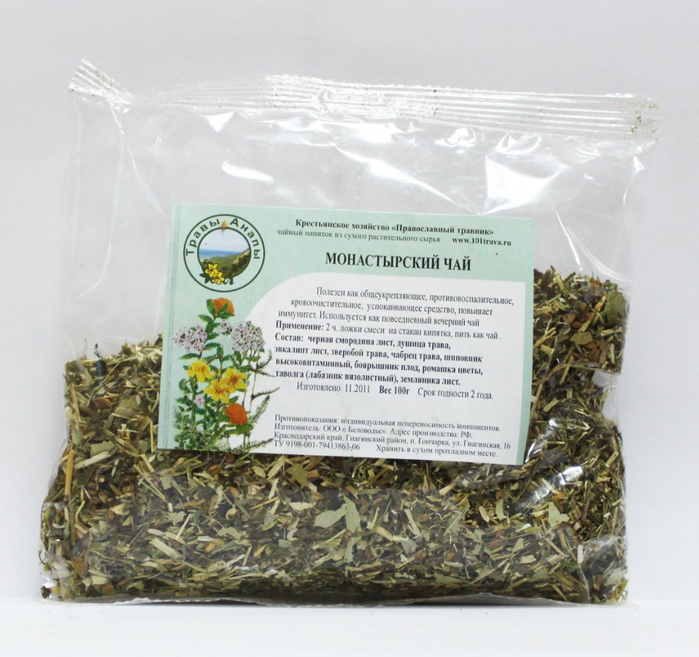
Useful properties and contraindications of monastery tea
The healing characteristics of monastery tea are truly unique. They are aimed at healing and improving the functioning of almost every internal organ.
Monastic tea is that healing drink that has been tested not just for years, but even for centuries and millions of people. You can hardly see advertising for this tea, because it does not require much demonstration, people love it for its strong qualities and real help.
Long-term practice of drinking monastic tea has shown that it has a lot of useful properties for a person:
- able to influence the work of every internal organ in the human body
- its unique properties have a positive effect on the normalization of blood pressure, reducing the likelihood of a hypertensive crisis or pressure surges
- the herbs that make up the tea have a positive effect on the immune system, strengthening it and making it more resistant to many diseases
- tea accelerates and normalizes all metabolic processes in the human body
- tea has a positive effect on the work of the urinary-genital organs, normalizing the outflow of urine and reducing swelling of the body
- tea is able to have a cleansing effect on the body, removing toxins, toxins, cholesterol and other substances from it
- tea qualitatively cleanses the blood and makes the lymph clean
- monastery tea can positively influence the functioning of the kidneys and gallbladder and remove sand and stones from it, and prevent kidney tumors
It is also a unique quality of tea - to positively influence the functioning of the human nervous system: reduce stress and make feelings less noticeable, normalize sleep, eliminate insomnia and breakdowns.
Some contraindications of monastery tea:
- Tea does not have any special contraindications. The only recommendation for its use is to refuse the drink during pregnancy for women, as well as during breastfeeding.
- Another caveat is individual intolerance to the product. A person can have an acute allergic reaction to any one component of tea and thereby harm himself: swelling, headaches, itching and deterioration in general well-being
- If you have the opportunity, consult your doctor about the safety of regular consumption of monastic tea for the purpose of prevention and treatment. Drink a cup a day in the first week of the course and only then, if you do not observe negative reactions, increase the dose of the drink.
The composition of the monastery tea, the proportions of herbs
Interestingly, monastery tea has several collections, which differ slightly in composition. Depending on what problems a person is concerned about, fees such as:
- Heart collection - a collection aimed at normalizing the work of the heart and cardiovascular system
- Liver collection - a collection aimed at normalizing the liver, cleansing it of toxins and restoring damaged cells
- Collection from osteochondrosis - tea, aimed at strengthening human bone tissue and cartilage, helps to get rid of pain in the joints and back
- Collection from diabetes - Collection aimed at improving the condition and health of a person with diabetes
- Collection from problems of the urinary-genital system - aimed at combating infectious and catarrhal diseases of the internal genital organs
- Collection for the gastrointestinal tract - improves the functioning of the gastrointestinal tract, improves the production of gastric juice, normalizes stools, eliminates constipation and diarrhea
- Collection "detox" - is aimed at cleansing a person of toxins resulting from food or alcohol poisoning, improves the general condition and eliminates migraine
- Gathering for sight - collection aimed at improving visual acuity
The invariable components of the monastery tea of any collection are medicinal herbs such as:
- rose hip
- yarrow
- nettle
- thyme
- succession
- sage
- dried flower
- motherwort
- immortelle
- sagebrush
- chamomile
- birch buds
- buckthorn
- yarrow
- bearberry
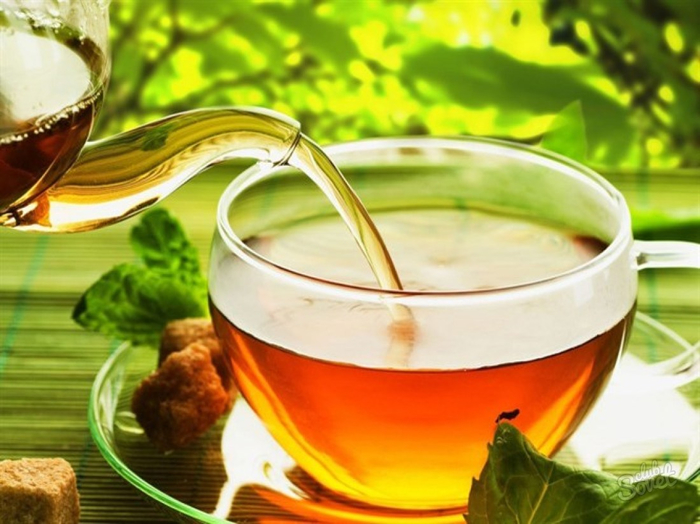
Reception of monastery tea. How to drink monastery tea?
Monastic tea promises to definitely help a suffering person get rid of many diseases, but only if it is used correctly. Proper brewing of tea, its timely use and observance of proportions will help to get the maximum health benefits.
Before drinking monastic tea for the purpose of treatment, you should be aware of some subtleties:
- Tea should always be taken only as recommended by your doctor. Self-treatment - does not always lead to a good result
- Follow the prescribed mode of consumption of monastic tea, only in this way, after a while, you can see the positive result of its action.
- When using tea for the purpose of treatment, you should not expect instant results, because this is not a "fast-acting" pill. Relief comes gradually and only with time.
- If required, do not limit your treatment to just one course, but go through two or three until complete recovery, so that your disease recedes completely
- During the treatment with monastic tea, it is recommended to follow a special diet that will enhance the effect of each component of the tea and make this drink as useful as possible.
- Believe in the power of healing and take tea only with positive thoughts
How to brew monastery tea:
- Monastic tea can be brewed in absolutely any dish, the most comfortable is an ordinary cup
- Before brewing tea, rinse the cup with boiling water to sterilize it and slightly warm it.
- Pour one teaspoon of the collection into a cup
- Boil the kettle and pour your collection with boiling water at 80-90 degrees
- The amount of boiling water per teaspoon of herbs is two hundred milliliters
- Cover the cup with a plate or saucer for brewing
- Note the time: tea should be infused for exactly fifteen minutes
- After the set time, calmly drink tea
Treatment with monastery tea involves its daily use in the amount of three to four cups a day. The taste of the drink, if desired, can be brightened up with sugar or natural honey and a slice of lemon.
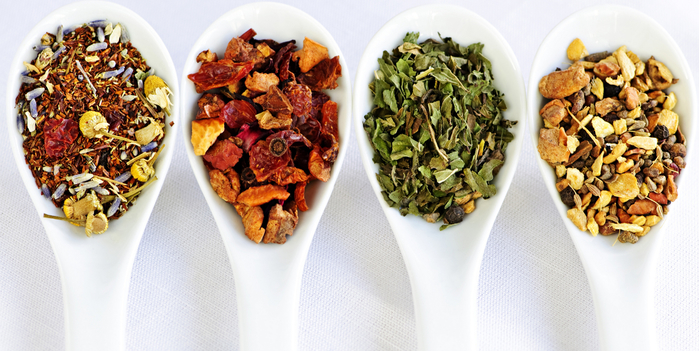
There is also an interesting rule of drinking tea in relation to food. Here we are talking about which part of the body your disease affects. If above the waist - drink tea after meals or during meals, if below the waist - tea should be drunk half an hour before meals.
Monastic tea under pressure
Pressure surges: its increase and decrease is a frequent occurrence in the modern world. A person is subject to many stresses, lives every day in adverse environmental conditions and has a lot of diseases from a young age. Monastic tea is a mild remedy and remedy for hypertension.
You can use monastic tea to treat hypertension for both chronic patients and people who do not regularly experience pressure surges. It is noticed that if a person has the first or second degree of the disease, then this drink can also completely rid him of the disease. In the third and fourth - to improve well-being and general condition.
In the presence of hypertension, monastic tea helps:
- exclude the possibility of an unforeseen hypertensive crisis
- exclude the possibility of an unexpected stroke
- eliminate infrequent or regular headaches that appear due to pressure surges
- make the vascular walls more elastic
- eliminate periodic numbness of hands and feet in a person

Monastic tea for psoriasis
Psoriasis is far from an infectious disease that manifests itself on the skin of a person, as a result of impaired functioning of internal organs, in particular, the liver and kidneys.
Monastic tea can help a person cope with this unpleasant disease by adjusting the body's metabolic processes and saturating it with essential trace elements and vitamins.
Many are sure that it is simply impossible to cure psoriasis - every quarter, depending on the person's condition, his lifestyle and even the season, it reappears and gives discomfort.
To improve the condition of a person suffering from psoriasis, monastery tea will help, which performs several important steps:
- effectively eliminates unpleasant itching, soothing it
- removes any inflammatory process in any part of the skin
- can positively affect blood circulation in the human body
- has a powerful antibacterial effect
- reduces allergic reaction
Treatment of psoriasis with monastery tea involves its combination with other drugs for greater effectiveness. The secret of monastery tea is that it has a powerful restorative effect, thanks to a good collection of medicinal herbs and plants.
Monastic tea for allergies
Monastic tea also serves as an excellent and very effective medicine for dealing with allergies of various kinds. Its task is not to mask the symptoms only by improving the condition of a person for a while, but to deal with them purposefully. The unique composition of tea allows all plants and herbs of the drink to actively interact with each other and eliminate unpleasant allergic symptoms.
Monastic tea is a completely environmentally friendly product that can be used to treat allergies even for pregnant women and small children, but with caution.
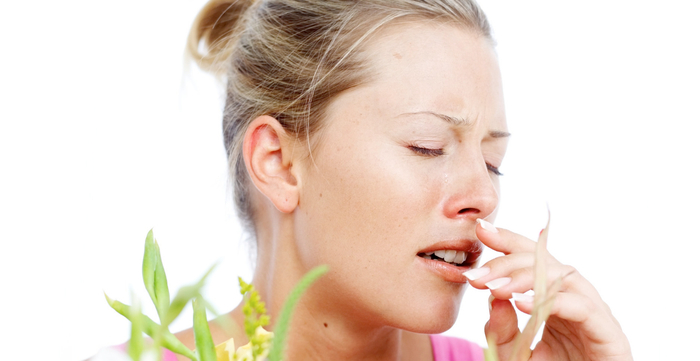
How does monastery tea help a person suffering from allergies:
- reduces swelling of the sinuses, allowing mucus to pass freely
- reduces itching and irritation in the larynx and mouth
- reduces itching in the nose and eyes, reduces tearfulness
- makes the body of an allergic person more resistant to an irritant
Drinking monastic tea for the treatment of allergies follows a course and it is advisable to do this during the period of exacerbation of symptoms: during the flowering period of plants in spring and summer.
Tea for the treatment of allergies should be brewed in the usual familiar way. If you do not like the natural taste of the drink, add honey to it (if you are not allergic to natural honey), sugar is not recommended because it can neutralize and reduce the effect of tea components several times.
Monastic tea from thrush
Monastic tea is a traditional medicine recognized even by real professional doctors. It has also been recognized as an effective remedy in the treatment of thrush (or as it is scientifically called "candidiasis"), the occurrence of which is provoked by the Candida fungus.
Collection of monastery tea is really unique. It contains many herbs that can give a weakened body a charge of essential vitamins and minerals.
Treatment of thrush with tea involves its usual brewing: two teaspoons of the collection per half liter of boiling water. This tea should stand covered for ten to fifteen minutes before drinking. This tea effectively eliminates the unpleasant symptoms of thrush, both in women and men.
The main rule of such treatment is to correctly observe the proportions of tea brewing and withstand the entire course of treatment, regularly drinking the drink three times a day.
Monastic tea against thrush will help get rid of such unpleasant symptoms:
- eliminate pain of any nature in the internal genital organs: ovaries, uterus, as well as in the vagina
- minimizes the chance of an exacerbation of the disease
- will improve the woman's immune system, allowing her to become resistant to infections
- reduce the inflammatory process
- will have a powerful restorative property on the body
- will have an antibacterial property, destroy the fungus and a number of bacteria that serve as the causative agents of this disease
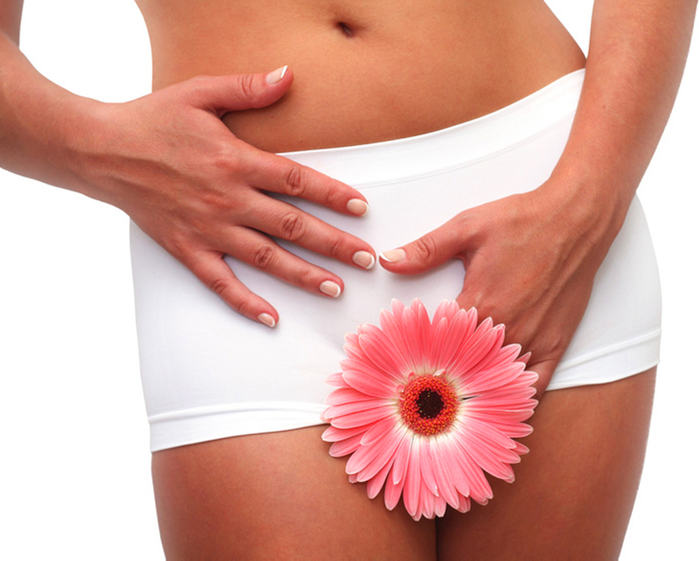
Monastic tea for diabetes
Monastic tea helps those suffering from diabetes to cope with their serious illness. This drink is able to have a positive therapeutic effect on a person:
- tea helps to normalize diabetic blood sugar levels
- the drink helps to improve carbohydrate metabolism in the body, which leads to sugar spikes
- tea contributes to the normalization of metabolism in the body
- tea has a positive effect on the work of the pancreas, which is responsible for the sufficient production of a substance in the human body - insulin
- tea eliminates the risks of possible complications during an exacerbation of the disease
- tea has a positive effect on the process of losing weight and effectively helps to lose weight, which is good for people with diabetes
Take properly brewed monastic tea for diabetes should be half an hour before each meal. The course of treatment is every two months after two months.
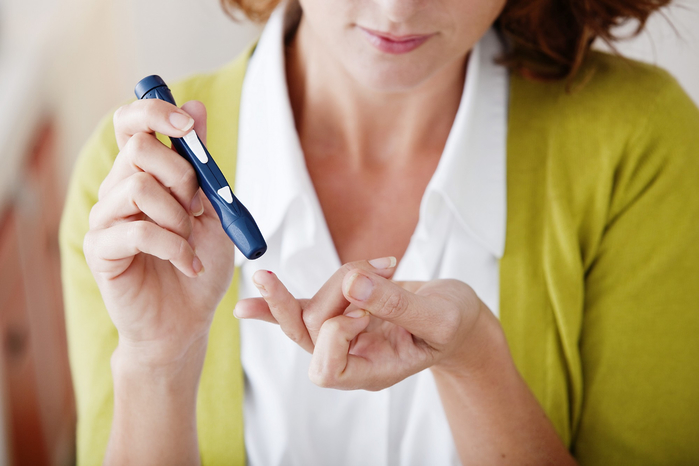
Monastery tea for sweating
Hyperhidrosis is a disease that is characterized by an increased predisposition of a person to sweating in any situation. Often this unpleasant disease causes not only discomfort during everyday life and reduces the social activity of a person, but also increases the risk of various fungal diseases on the skin.

Monastic tea is a mild medicine that can deal with problems of this nature very effectively. The secret of tea is that in its collection there are several plants that are most useful for humans, capable of:
- improve the functioning of internal organs
- normalize the body's water-salt balance
- have a powerful anti-inflammatory and restorative effect
- strengthens the immune system
- regulates the functioning of the sebaceous and sweat glands
- improves overall well-being
Monastery tea for acne
Monastic tea can be a powerful tool in the fight against acne. Not every person knows about this, but nevertheless, this medicine acts gently and effectively. The secret of using this tea in this case lies in its external and internal use.
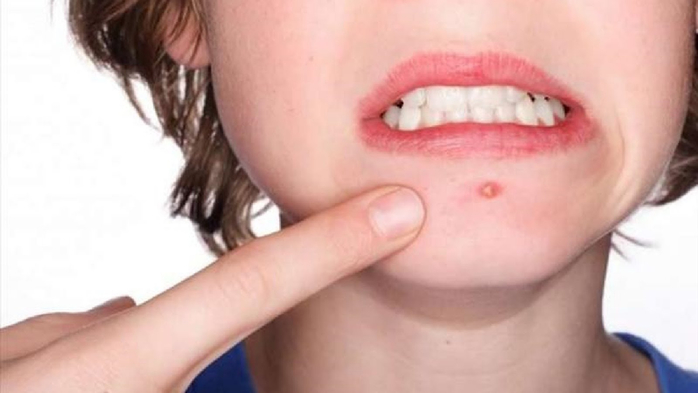
A charge of useful vitamins and microelements of tea when consumed internally is capable of:
- normalize the metabolic processes of the body, than improve the condition of the blood and skin, the work of the sebaceous glands
- improve the functioning of internal organs, including the liver, which is responsible for the processing of toxins
- improve the human hormonal background, which in most cases is the cause of acne
Tip: after you drink tea, do not rush to pour out the tea leaves - it will serve you for washing. Pour the tea leaves with boiling water in a smaller amount than for tea (a third of a cup). Leave the collection to infuse until completely cooled. Wash clean skin without makeup with a decoction before going to bed.
Monastic tea for prostatitis
The unique collection of tea helps to boldly call this medicine an anti-inflammatory agent. To do this, tea should be consumed every time before meals for half an hour, brewing it in the usual way. Prostatitis is an inflammatory disease of the prostate, a male gland.
Monastic tea allows you to reduce the process of inflammation, eliminate unpleasant pain during urination, strengthen the immune system of a man, helping him to easily cope with the disease.
For the treatment of prostatitis, it is recommended to drink monastery tea at least three to four times a day. The course of treatment should last three months. If the disease goes away slowly (which happens very often), it is recommended to extend the course of treatment for a few more months until complete recovery.

Monastery stomach tea
Improper nutrition, harmful work, stress and lack of treatment leads to disruption of the gastrointestinal tract and problems of the intestines, as well as the stomach. Modern man has many unpleasant diseases: gastritis, ulcers. Stomach monastic tea will help to cope with them and improve your condition.
This drink will help:
- normalize the production of juice in the stomach
- normalize the process of digestion of food
- improve the production of essential enzymes
- reduce stomach pain
- eliminate and reduce ulcer bleeding
- help and heal ulcerative wounds on the walls of the stomach

Hearty monastery tea
In the presence of heart disease, monastic tea helps:
- normalize human blood pressure
- exclude the possibility of an unexpected heart attack
- lower blood cholesterol to normal levels
- make the vascular walls and walls of the cardiac organ more elastic
- eliminate frequent or rare tingling in the heart
- eliminate occasional hand numbness
- saturate the body with essential trace elements for heart function
- improve the metabolic processes of the body
- improve the functioning of the nervous system and normalize sleep and rest
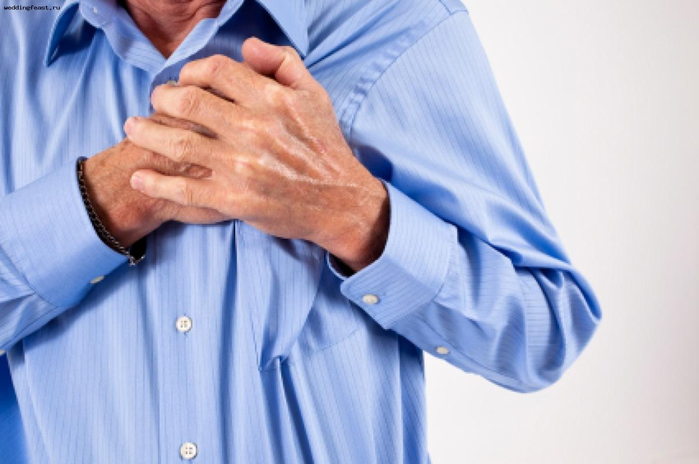
How to make monastery tea at home?
Proper preparation of monastery tea allows you to get the maximum benefit and effectively get rid of many unpleasant diseases. The preparation of such tea is not much different from the brewing of ordinary tea.
